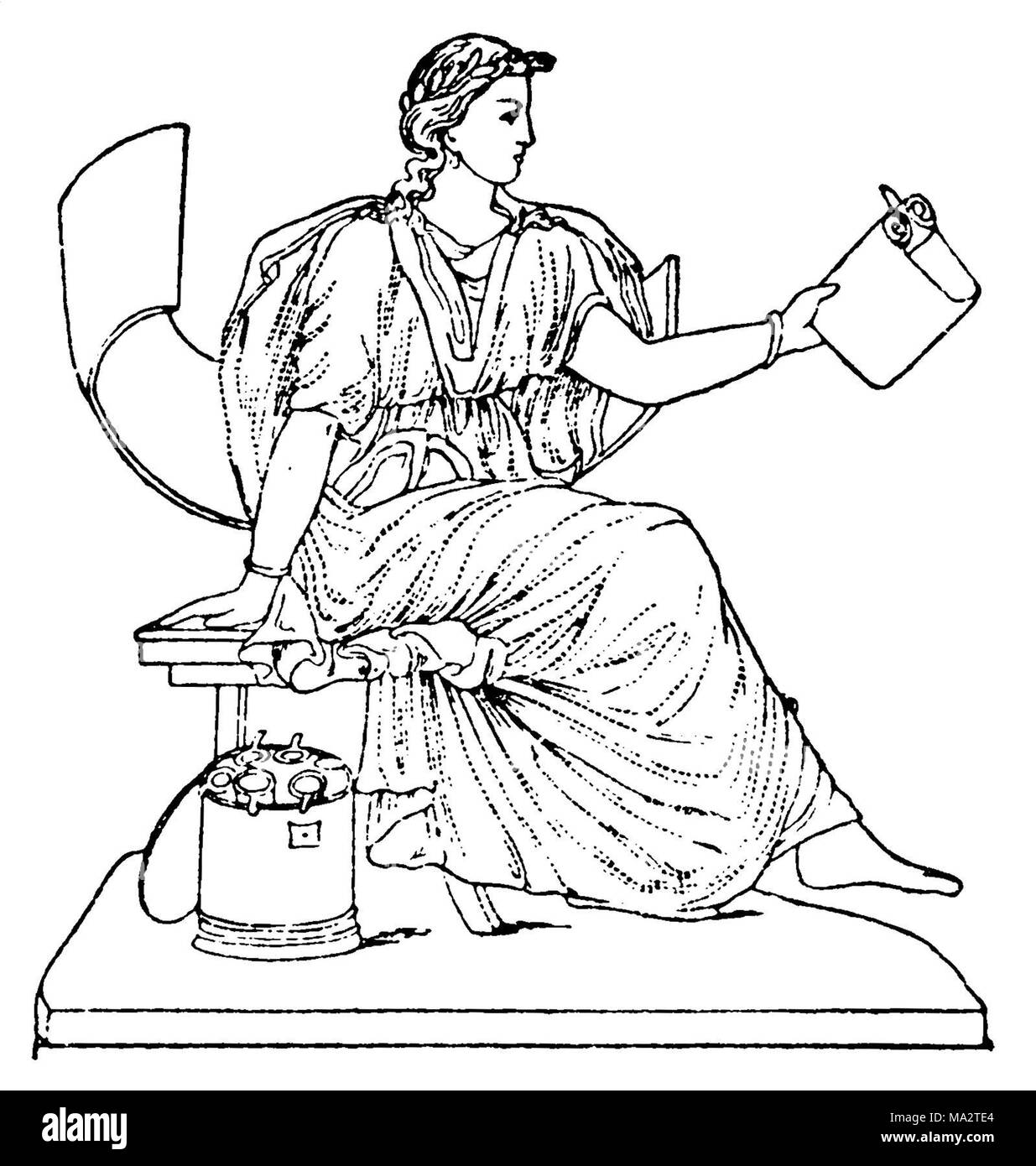

There were very few legends that discussed her outside of general invocations of the Muses. While some of the Muses eventually developed their own mythology that was unique from their sisters’, Clio was not one of the most widely-discussed Muses. Because his works were considered historical, she would have been one of his patrons. In one Roman mosaic, for example, her scroll identifies Clio as one of the two Muses standing beside the famous poet Virgil. As the muse of historical poems, Clio was often pictured with a scroll, tablets, or, much later, a stack of books. In later art, each of the Muses were given attributes that made her stand out from her sisters. Like her sisters, the muse of history inspired words that were set to music. While later historical texts disassembled the academic studies modern readers would be familiar with, many Greeks still learned what they knew of history from poet-musicians.įor this reason, Clio was also associated with lyre playing. The two domains overlapped in the Greek world. By the Classical era, she was thought of as the muse of history. While Clio was initially recognized as a muse of poetry, this became more exact over time. As Greek culture flourished, the Muses became more individualized. Gradually, the idea emerged that each of the Muses had a specific domain within the arts. They generally gave ideas and insight to writers and poets but none had any special purpose or importance above the others.

These nymph sisters were thought to be sources of inspiration for artists and other creative thinkers.Įarly in their history, the Muses were all thought to work together to provide the same type of inspiration. In Greek mythology, Clio was one of the nine Muses. The muse of history, however, was often less prominent than other goddesses even when Greek writers talked about the past. While many of the stories she inspired are thought of as myths today, others had more basis in historical fact.īecause so many of the well-known Greek books, poems, and plays were said to have been based in history, it would seem likely that Clio would be the most frequently invoked goddess in them. They believed that she inspired poems, plays, songs, and other works that were rooted in the past.Ĭlio recounted famous events and people of the Greek past. Many of these writers hailed Clio as the muse of history. They were particularly revered by poets and musicians, who believed that each of the nine Muses inspired a different genre of their art. Usually considered to be the daughters of Zeus and the Titaness Mnemosyne, the sisters gave inspiration to artists.

The Musai, or Muses as they are known in English, were a group of nine nymphs in Greek mythology.


 0 kommentar(er)
0 kommentar(er)
